"Focus on the $60 to 80 billion price tag of an event such as Sandy. If that's not a wake-up call, I don't know what is."
Adam Whelchel
Earlier this month, the National Climate Assessment was released, and the results are less than stellar. The report says, “Climate change, once considered an issue for a distant future, has moved firmly into the present.” The release of the climate assessment report prompted both of our local talk shows to tackle climate change last week, from very different perspectives.
Adam Whelchel, lead author of the northeast section of the assessment, appeared last week on WNPR's Where We Live to talk about adapting to climate change. He said the study was mandated through the Global Change Research Act of 1990. This is the third assessment, and one will be released every four or five years.
The key objective of the report, Whelchel said, is "to better inform Americans as to how they make choices about investments: where we build, where we live, and how we create safer and more resilient communities." Listen below to hear his comments about it on Where We Live:
Whelchel laid out specific examples of climate events he considers directly related to climate change:
What's pointed out in the northeast section of the National Climate Assessment is that we've had a few teachable moments... You can go back to March 2010 with a 500-year rain event. You can look at Lee and Irene, which was about 25 inches in a two-month period. You can look at the winter storms with Nemo, and you can focus in on the $60 to 80 billion price tag of an event such as Sandy. If that's not a wake-up call and is compelling people to think forward about what the implications are living through those impacts today, I don't know what is.
Climate scientists seem to have no problem attributing weather patterns to climate change.
Meteorologists, on the other hand, who look at weather patterns every day, aren't so quick to come to the same conclusion.
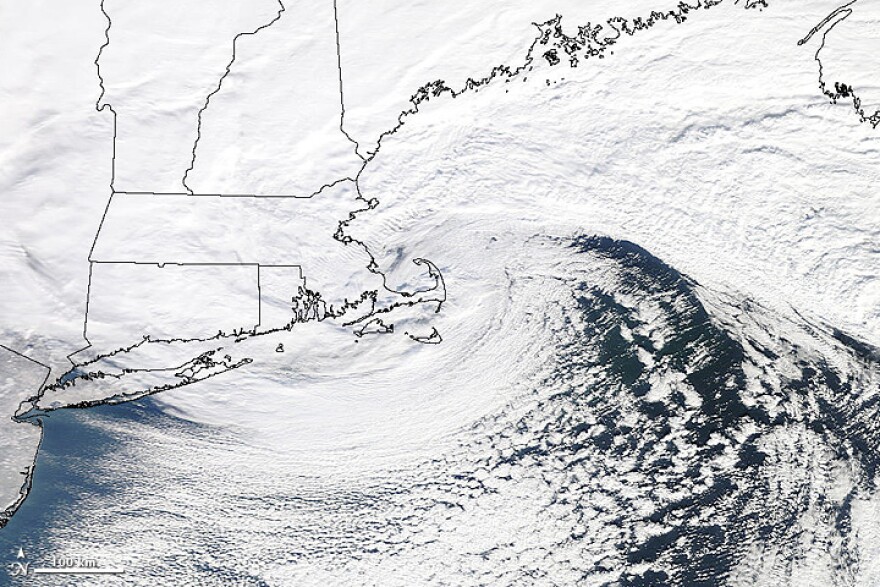
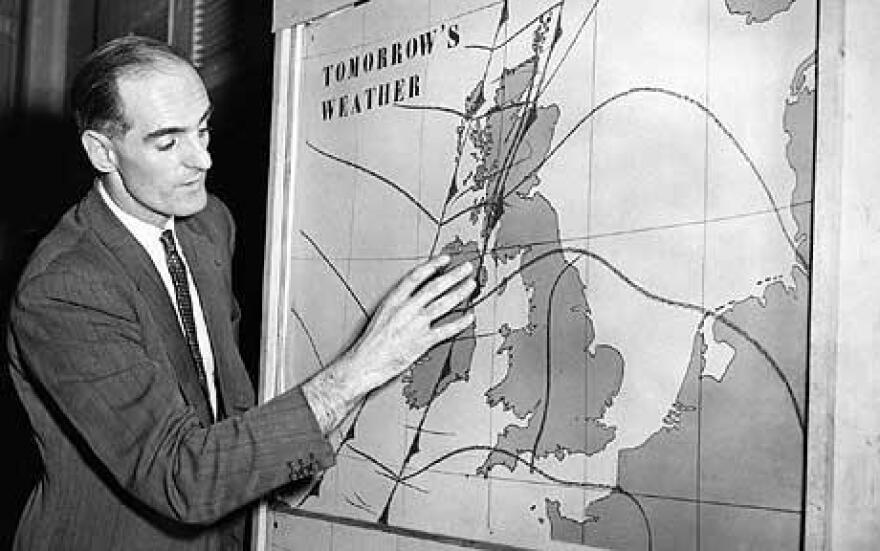
The New York Times reported that television weather forecasters "are among the most trusted media figures, but there is a deep divide between those who accept the links between human activities and global warming and extreme weather and those who do not."
Only 18 percent of American television weather forecasters believe that human activity contributes to global warming.
The Times cited a 2011 study by George Mason University that found that only 18 percent of American television weather forecasters believe the established science that human activities contribute to global warming.
Early in May, after the climate change assessment was released, President Obama invited a group of meteorologists, including Al Roker, to the White House in an attempt to get them to be more vocal about climate change.
On WNPR's Colin McEnroe Show, we talked about climate science from the point of view of local meteorologists. NBC Connecticut's Ryan Hanrahan and Garrett Argianas joined us, along with WFSB Chief Meteorologist Bruce DePrest, who has been reporting the weather for 36 years.
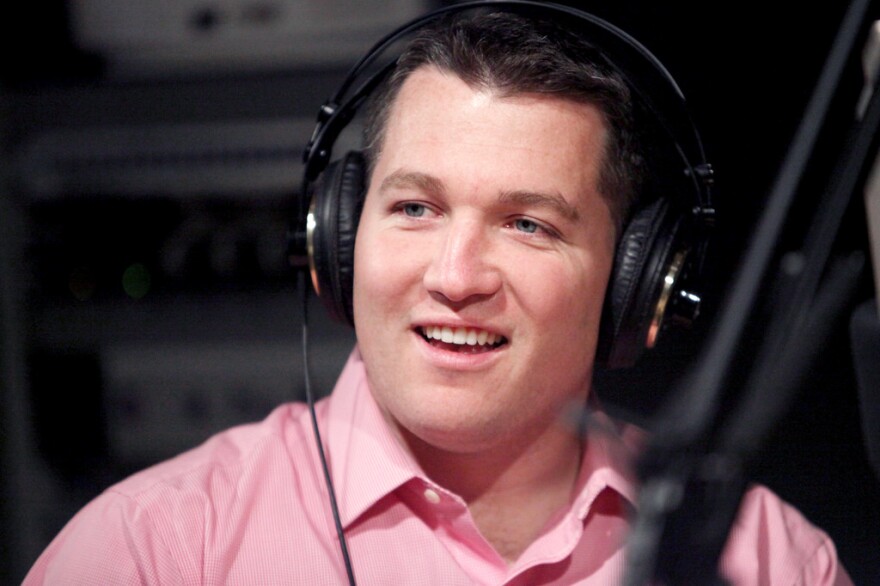
Hanrahan said that climate science isn't always taught to meteorologists when they are in school.
"The two fields are very different," Hanrahan said. "Someone who studies climate science probably doesn't know much, if anything, about tornadoes or hurricanes, and vice versa. A hurricane scientist probably knows very little about climate change, unless they are looking at links between the two."
Although Hanrahan agrees with climate research that says the earth is warming, and humans are playing a role, he also said that relaying a message about climate change isn't a part of his job. "When you have three minutes to do a weather cast, you're focused on the holiday weekend," he said. "Will it be sunny for someone's barbeque?"
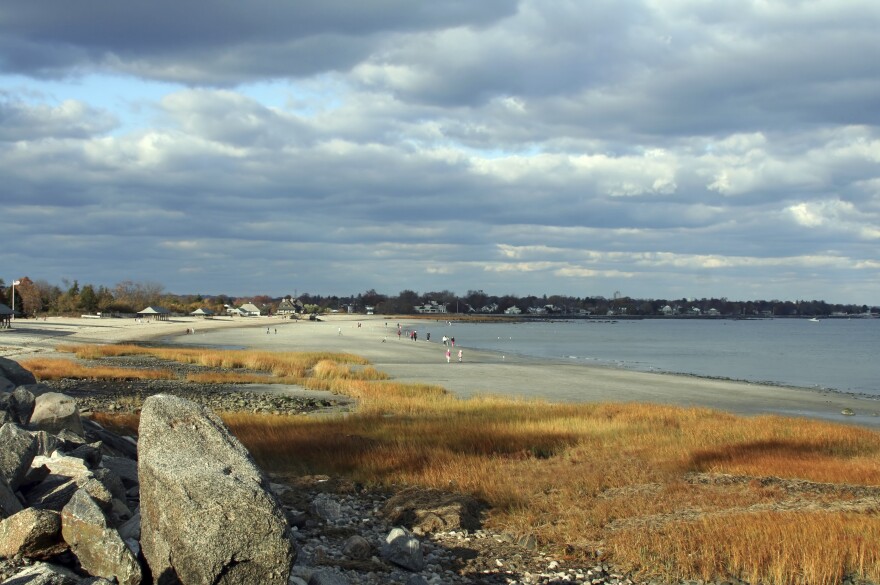
"What's so bad about warming? Sea levels may rise, but there are some good things with global warming."
Bruce DePrest
What drives Hanrahan crazy, though, is the media hype about individual events, like tornadoes or hurricanes, and the immediate connection to climate change. "If you look at the actual peer-reviewed literature on tornadoes and climate change, there is no link," he said.
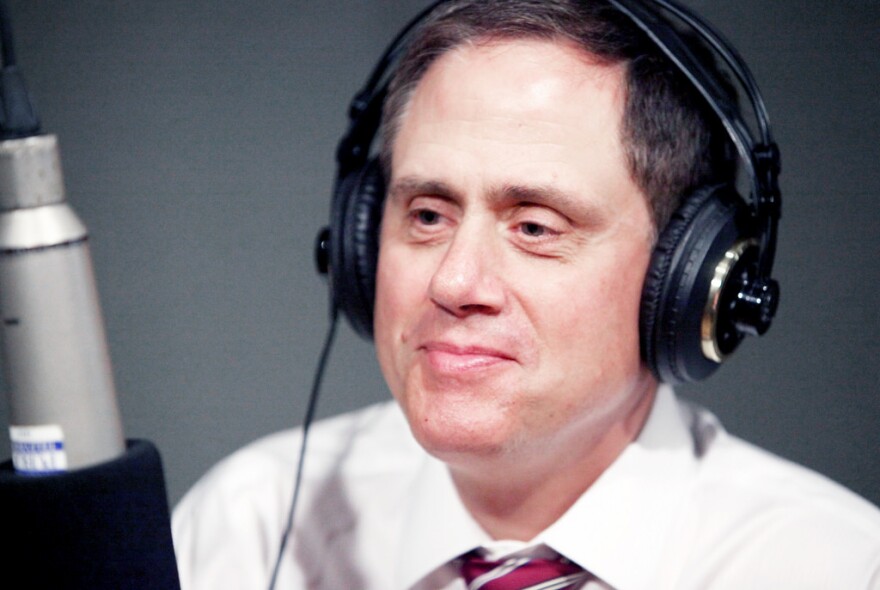
WFSB's Bruce DePrest calls himself an open-minded skeptic. "I haven’t done the research," he said, "but I heard the amount of carbon dioxide that humans contribute is very, very, very small, compared to what is normally present."
DePrest wondered if we focus too much on what he called the "bad side" of global warming. "What’s so bad about warming?" he asked. "Yes, sea levels may rise... but there are some good things with global warming. Carbon dioxide is more abundant in the atmosphere. You get more crops in a world that has an ever-growing population that needs to be fed. You have high energy costs with more warmth; well, maybe our energy costs would diminish."
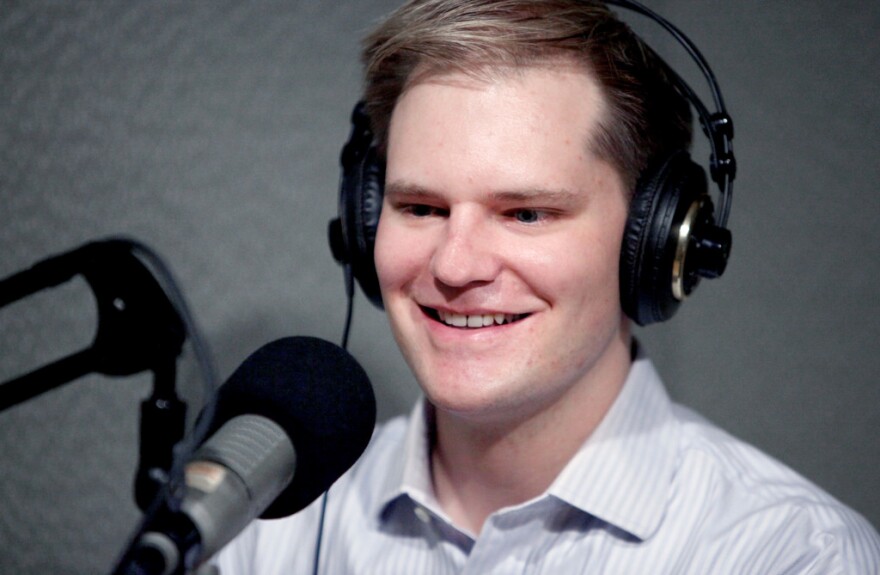
NBC Connecticut's Garrett Argianas sides with peer-reviewed research. "If you look at the numbers," he said, "about 97 percent of climate scientists say that there is climate change happening. What do we do about it? That's, of course, the bigger discussion, and that goes more toward policy, which is out of my realm as a meteorologist."
Listen below for more from the conversation with meterologists:
"If you are a responsible journalist, you do not give oxygen to that kind of nonsense."
Bob Garfield
Earlier this month, Neil deGrasse Tyson criticized CNN for giving too much time to climate skeptics.
Bob Garfield, host of NPR's On The Media, had similar thoughts when he spoke on WNPR's Colin McEnroe Show. "If you are a responsible journalist," he said, "you do not give oxygen to that kind of nonsense. You can acknowledge that it exists, but you certainly are not in the business of giving equal time, or creating some sort of supposed balance by having voices of both sides of a non-argument."
Listen below for more remarks from Garfield:
No matter the message, it seems less people are paying attention. Arecent Pew Research Pollsaid that Americans rank climate change 19 out of 20 on a list of priorities for the president and Congress. A Gallup poll reported concerns with the quality of the environment dropped in 2014.






